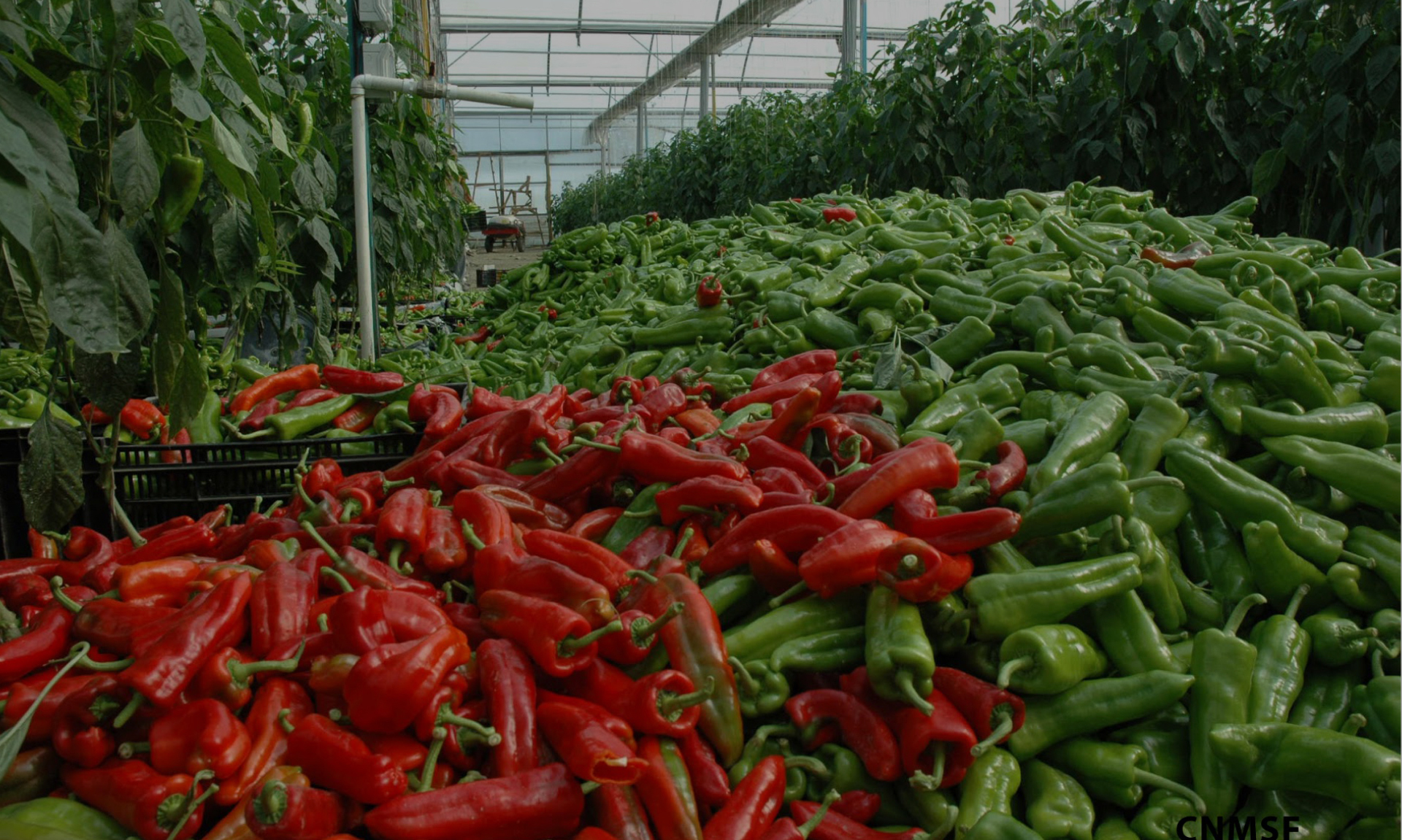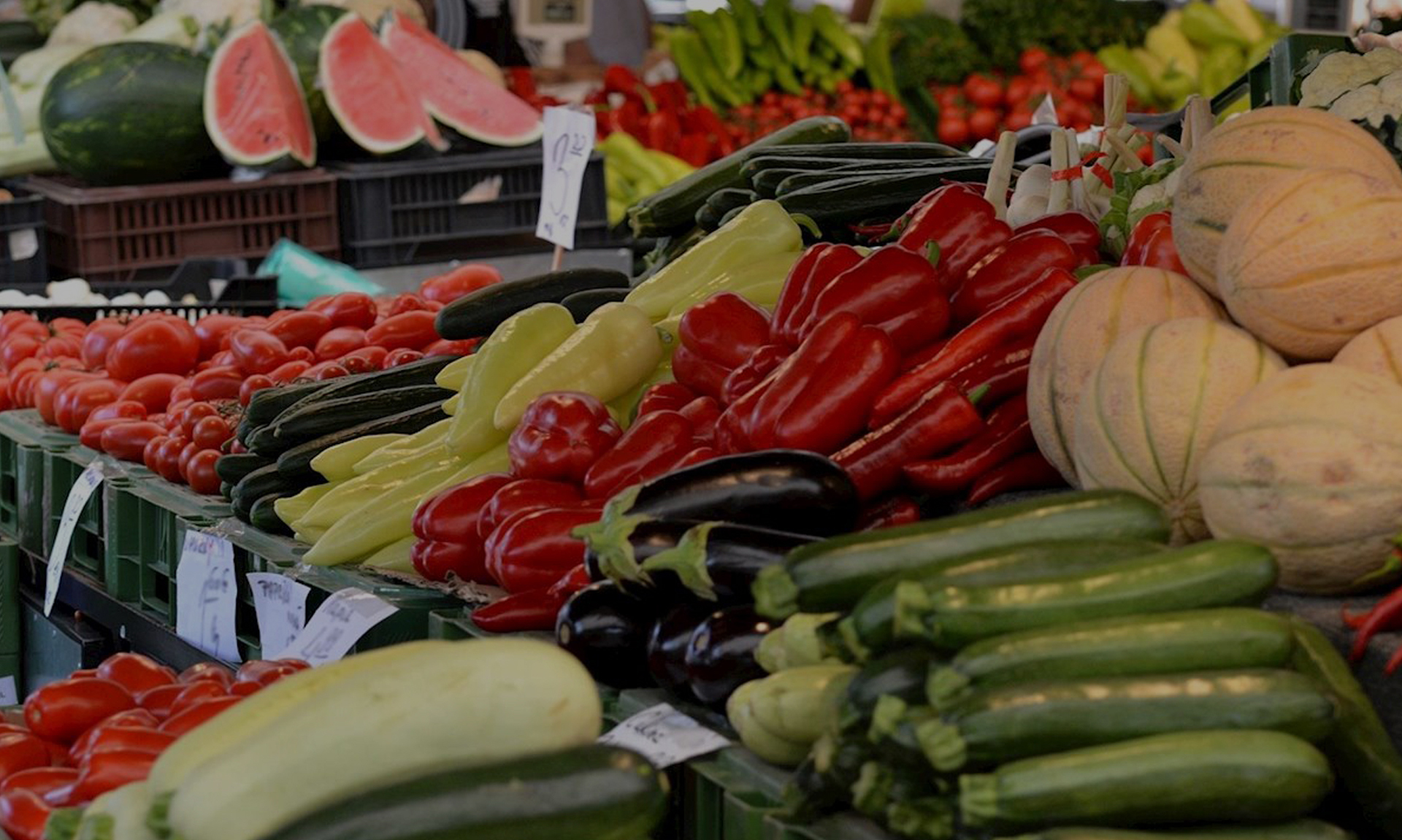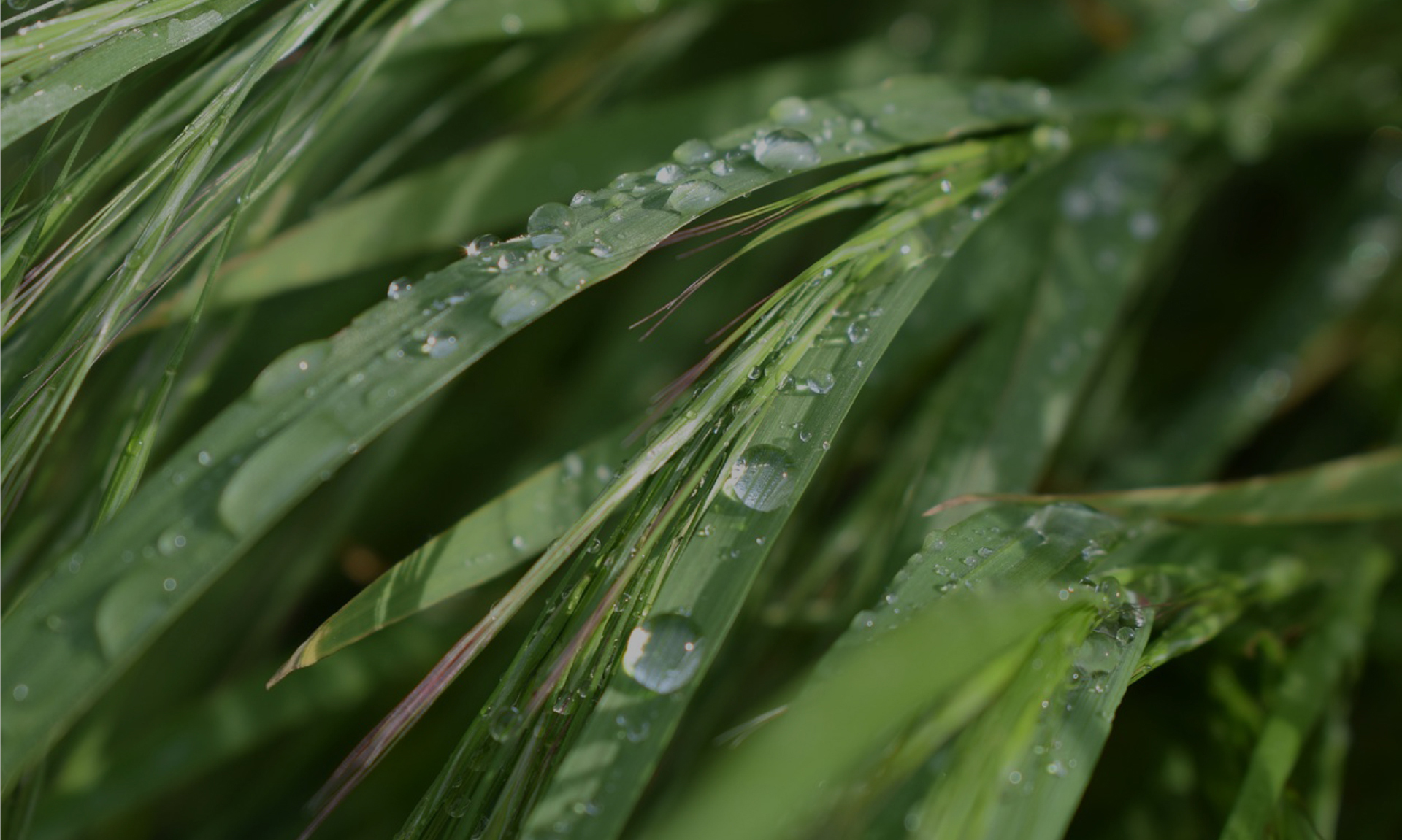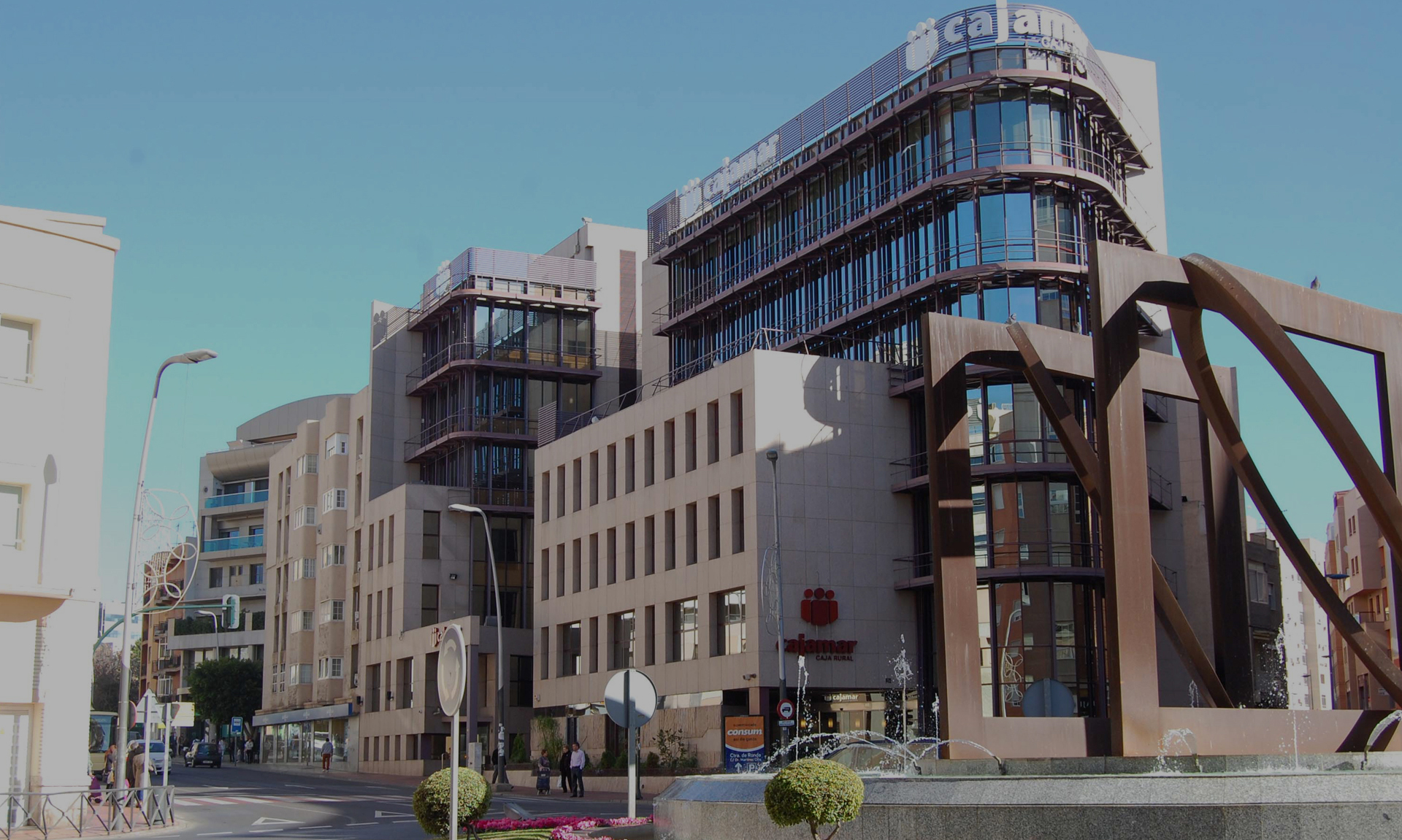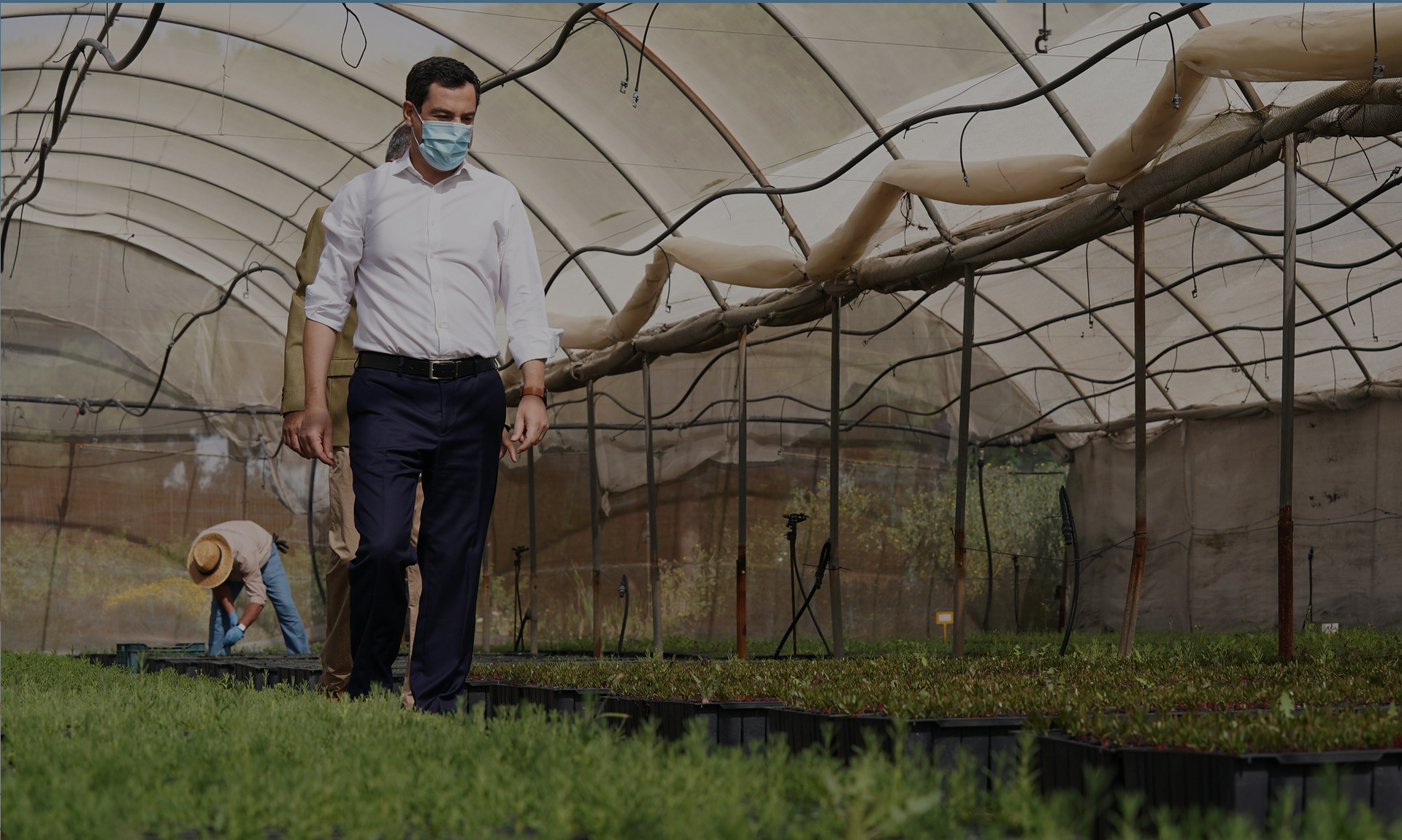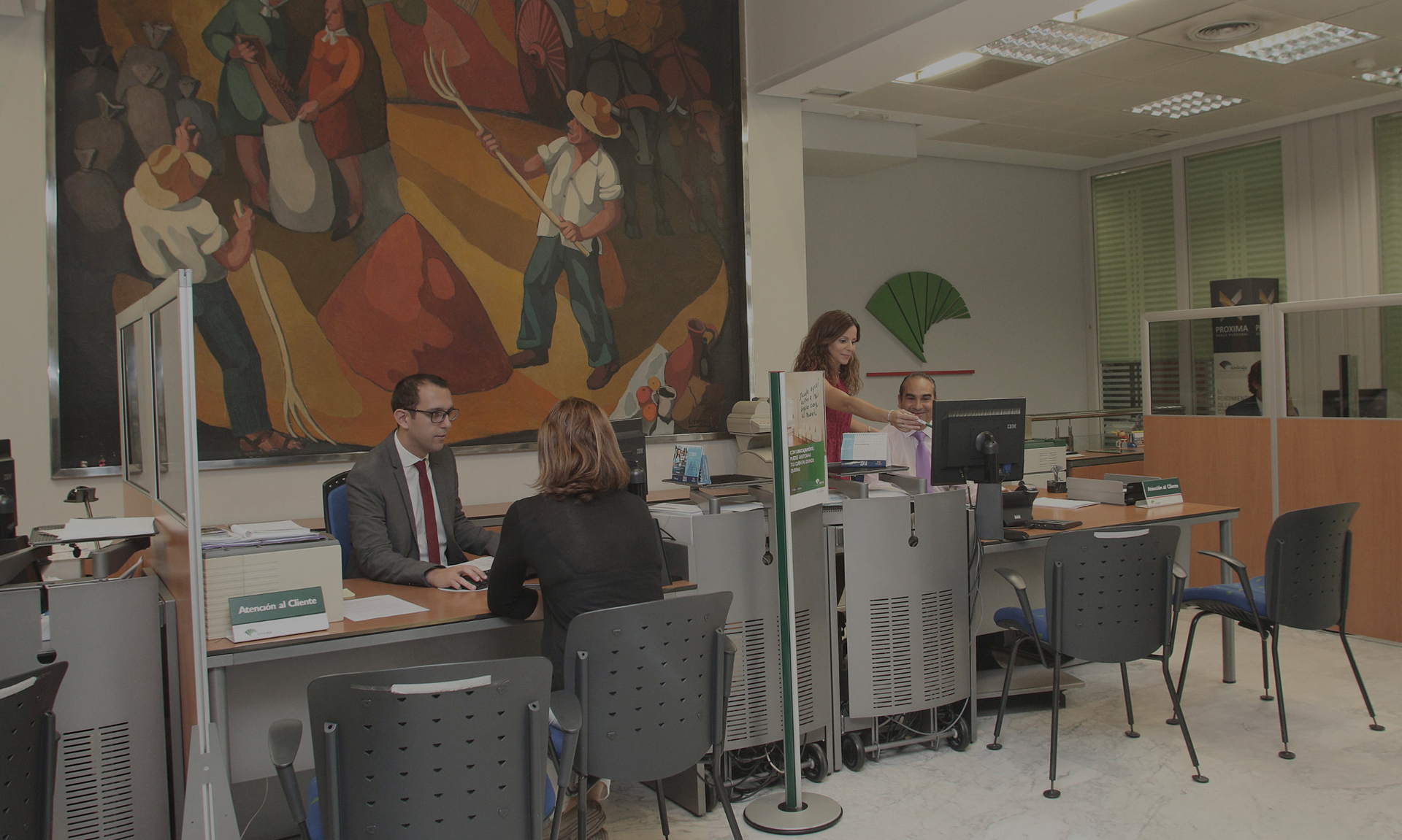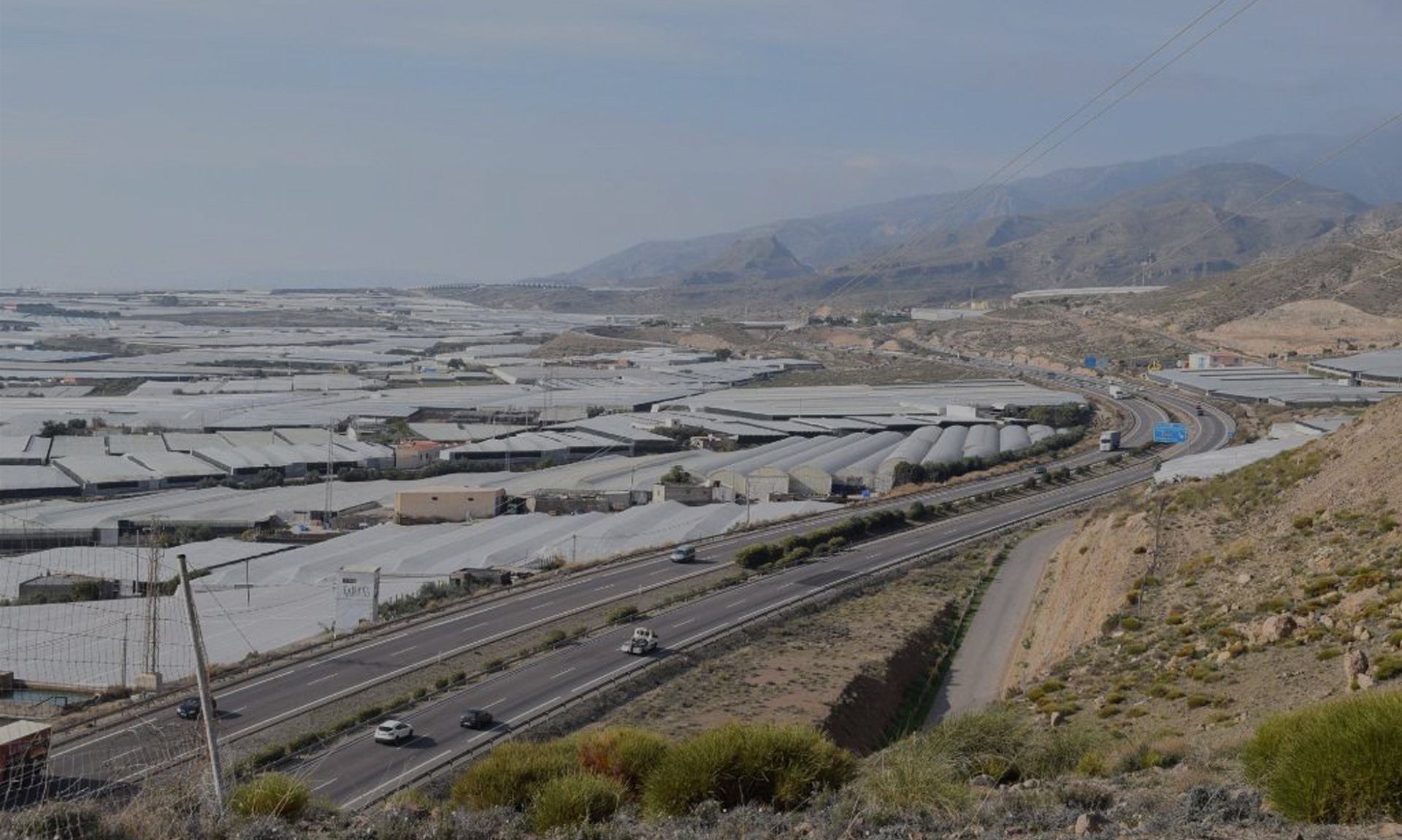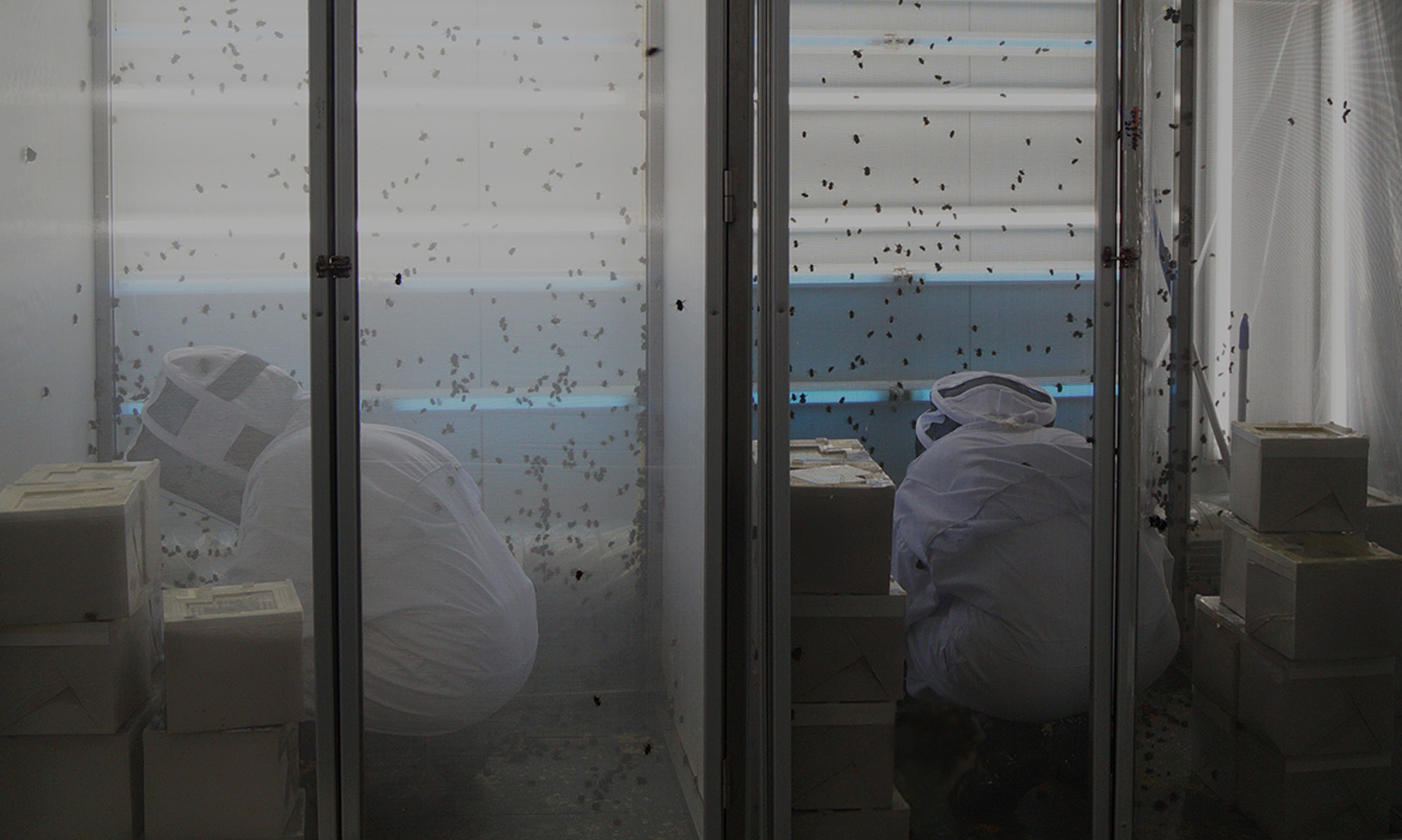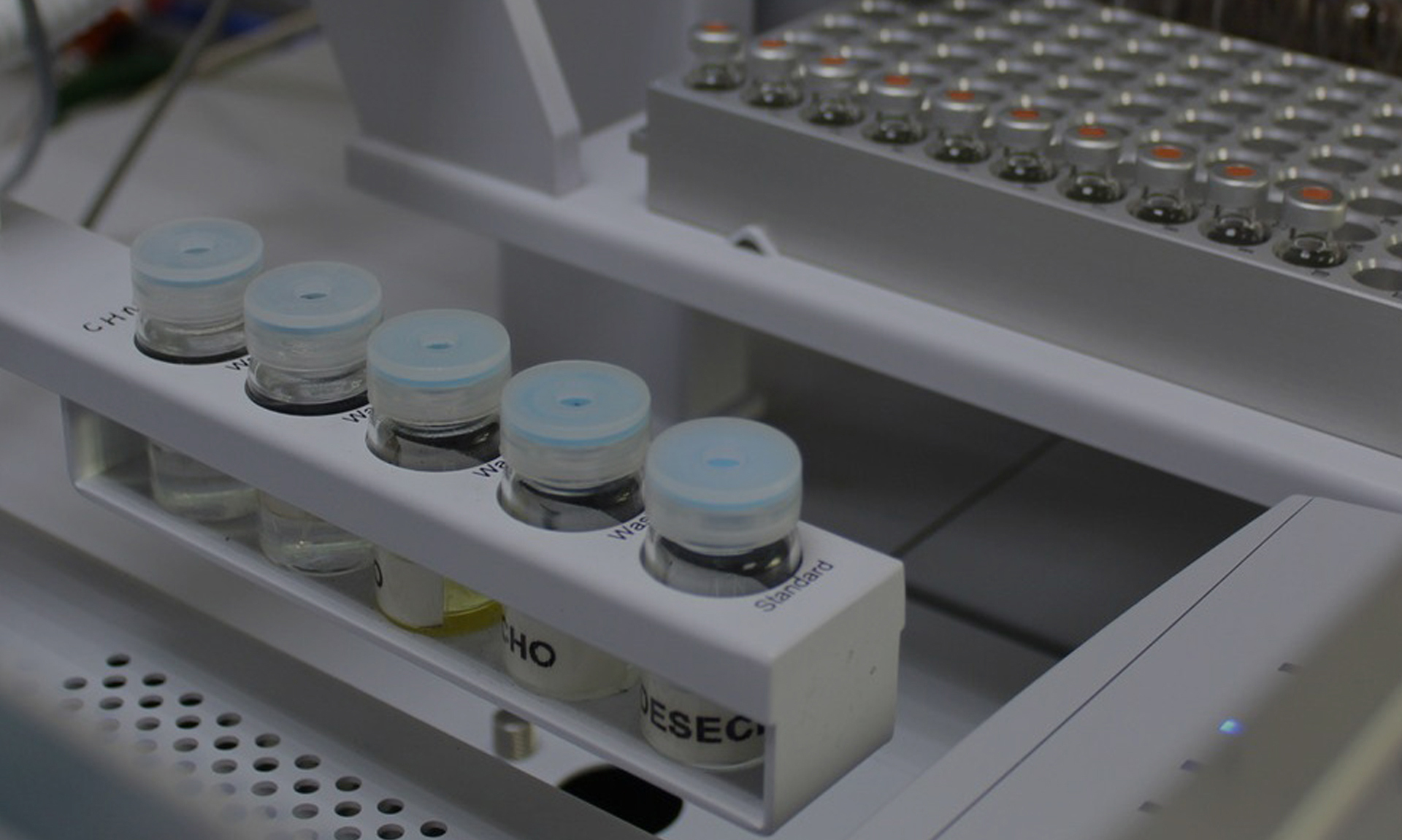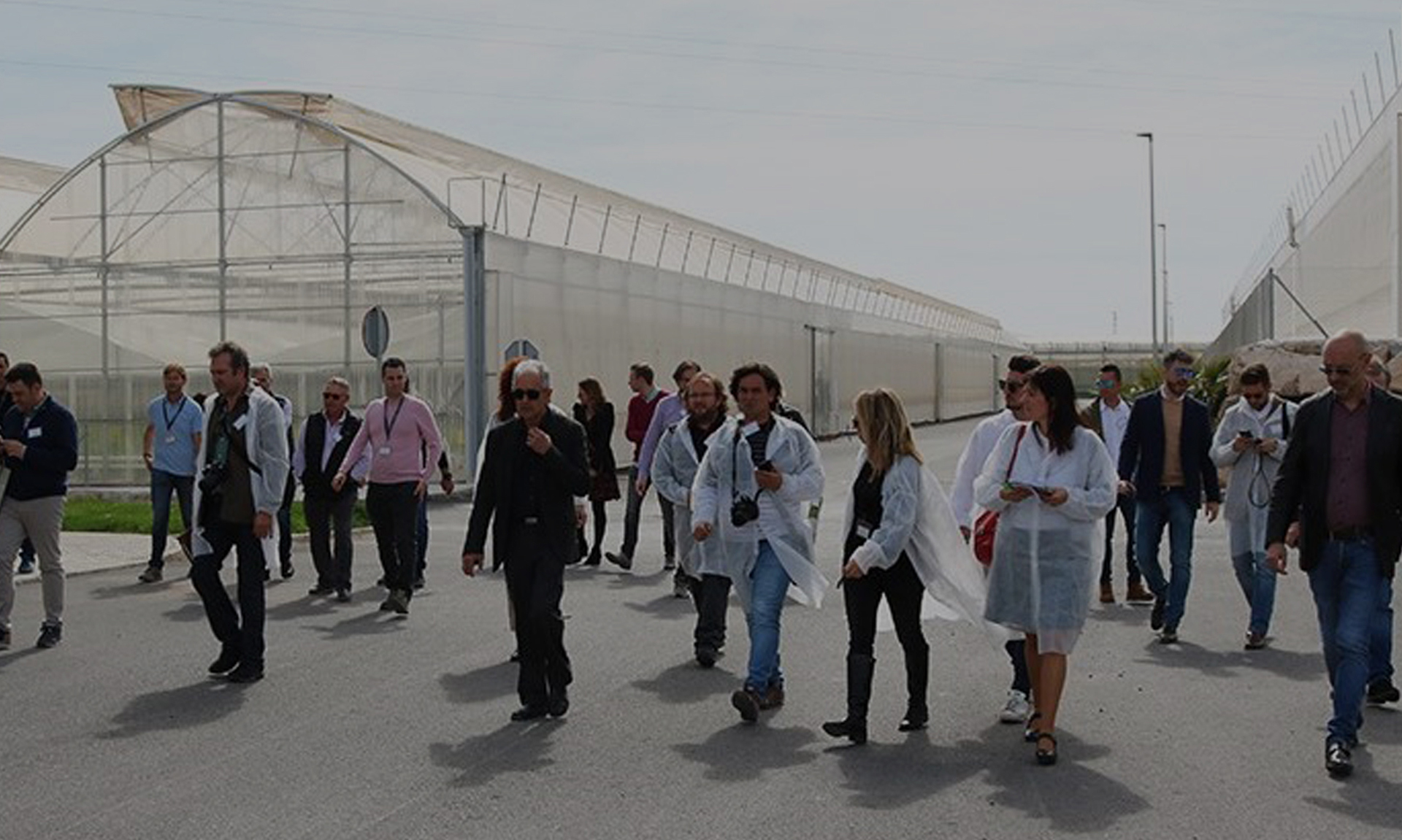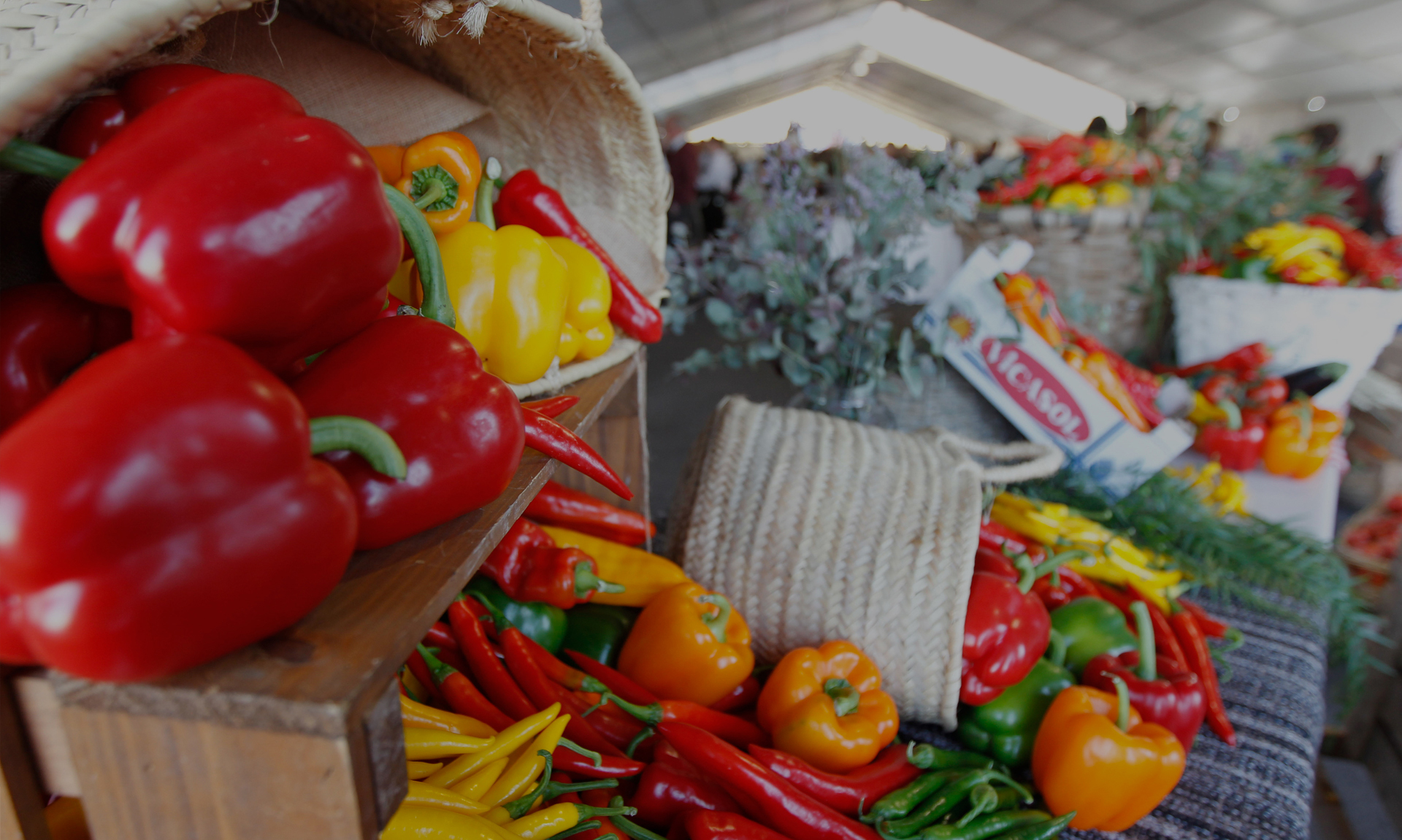Cajamar
Leading the way to the agriculture of the future
Over the last 50 years, Almería’s greenhouse farming has displayed an upward trend. During this time, the region underwent a transformation from a desert to a socially and economically growing province able to produce over 4 million tons of vegetables - the same as produced by the entire country of Germany and 35% more than Greece’s production.
Were we to point out the factors that contributed to the province’s growth we would end up with a wide list, but we think necessary to stress the importance of at least two of them: the ambition for a better quality of life and the permeability towards technical advancements.
When the first farmers arrived to the newly established plantation areas at the east and west of the city they tended to forgo their traditional knowledge and farming practices they had received from their parents and grandparents. This would make it much easier for them to take on and develop two techniques that became founding pillars for the coming agriculture: soil sanding and greenhouses.
A few years later, in 1975, Cajamar opened the first research facility to experiment on the field of greenhouse farming in order to generate technologies and innovations aimed at boos production and, especially, the producers’ profits. And every advancement that is produced there, and every technology shared from outside, have contributed to the creation and expansion of this new way of farming.
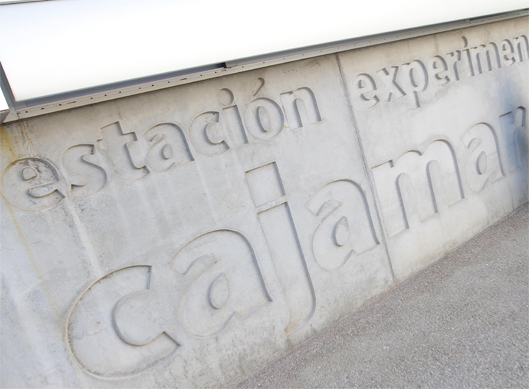
Entrance to the Cajamar Experimental Laboratory.
Those years impressed upon the DNA of the farmers a restlessness towards learning, developing and applying new technologies. This led Almeria to be a pioneer in the usage of techniques such as fertigation, biological control or the biostimulation of crops.
But its history is not only about triumph and bonanza. Through these years there have been economic crisis, price depressions, plagues a floods that affected many a farmer. And in these dark times, Cajamar has been there to provide support and stability to those who needed it, standing together with farmers, cooperatives and auxiliary industries Almería’s farming sector; while at the same time developing and perfecting techniques like precision and smart farming from their Experimental Facility Las Palmerillas, aimed at optimizing crop production capacity.
For most of us, the situation of social and economic crisis that we are living today because of the COVID-19 pandemic will likely be the most extreme of our lifetimes. A lot of countries a regions will go through a very deep crisis that will have a great effect on the population. In the case of Almeria, however, its impact will be somewhat less thanks to the size and importance of the food industry across the province. We should take pride in that and use this added value of our agriculture in face of the coming challenges, post COVID-19, like the strategies recently adopted by the European Union - from the farm to the table on one side, about biodiversity on the other. The UE’s goal would be for 30% of the land globally to be considered as protected, to reduce pesticide use by 50% and fertilizer by 20%; and to commit 25% of farming land to organic crops.
Once again, Almeria will need to put its initiative, hard work and savoir faire in service to very ambitious goals, helping Europe become the continent that contributes the most to the planet’s sustainability. A challenge in which our province, with the support of Cajamar, can play a leading role.
4
million tons of produced
fruit and vegetables
35
% more production than Greece’s
and as much as Germany
1975
marks the opening of the
first experimental laboratory
25
% of farming area for
organic production: the EU's goal


